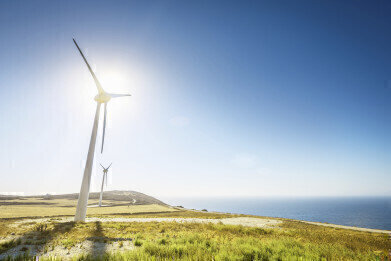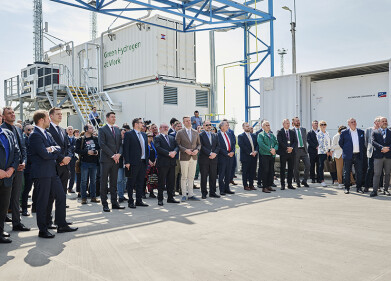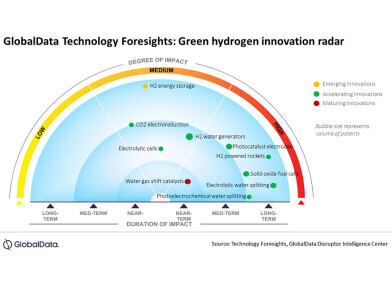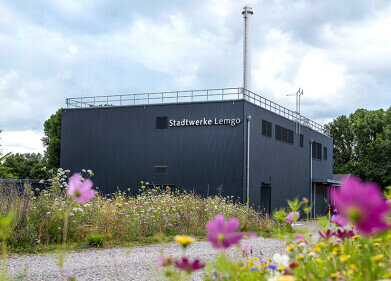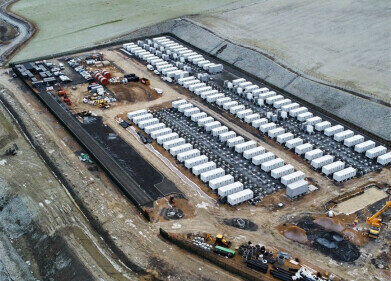Green Energy
New EU State Aid Rules Risk Undermining Commitment to Renewable Energy
Apr 07 2014
Europe’s local and regional authorities have argued that new rules on state aid must promote green energy and continue to allow governments to provide subsidies for renewables. The EU’s Committee of the Regions warn that the current guidelines set ceilings that are too low restricting the number of green energy companies able to receive state aid which could undermine the EU's efforts to creating a more "competitive, secure and sustainable" energy market. The EU must also seize the opportunity to bring an end to subsidies for fossil fuels and nuclear energy.
The Committee was reacting to the European Commission's draft energy state aid guidelines which are expected to be finalised on 9 April and seek to promote sustainable growth, strengthen the internal market and streamline the decision-making process. Whilst recognising that state aid can create unfair advantage, the Committee argues that new rules should give member states the flexibility to support renewable energy allowing them to deliver on their climate change obligations. The Committee’s opinion adopted today and drafted by Gusty Graas (ALDE), member of the Municipal Council of Bettembourg and Luxembourg’s national parliament, makes it clear that “competition and the existence of a free market in energy are not ends in themselves”.
Speaking in Brussels, Mr Graas commented: “State aid for renewables must contribute to a safer and more secure energy supply, a cleaner environment and a stronger job market. At the same time, it is clear that innovative technologies can only prosper under fair and competitive market conditions. We need to take a pragmatic approach that involves the local level and focusses on the sustainable development of both the economy and ecology".
The Committee questions the proposal to make feed-in tariff for renewables – where green producers receive a fixed price per kWh – the exception and focus instead on tradable green certificates. This will compromise confidence amongst investors and undermine Europe's decarbonisation plans, the Committee argues. The ceiling for renewable energy companies to be eligible for subsidies should be raised from the proposed 1MW to 5MW and 15MW for wind power. Subsidies for fossil fuels should be axed and governments blocked from subsidising nuclear energy. Just as national governments are free to decide their own energy-mix, local and regional authorities should also be given flexibility to decide how to use financial assistance for environmentally sound technology projects.
With estimates indicating that as many as 150m people are affected by energy poverty across Europe, the Committee also stressed that the EU must make this issue a political priority. Through an opinion penned by Christian Illedits (PES), member of Austria’s Burgenland regional parliament, the Committee rejects the notion that investment in renewable energies is counterproductive to delivering affordable energy. The Committee is clear in its reproach arguing that the societal and environmental costs of fossil fuels and nuclear energy far exceed all other energy costs. Sound local and regional investment in energy efficiency and renewable energy can create jobs and alleviate energy poverty.
Mr Illedits remarked, "Europe's local and regional governments have sent a strong signal that European politics needs to urgently tackle the problem of spiralling energy poverty. The right path to dealing with this worrying issue must be through renewable energy which requires investment at a regional level. Using EU structural funds, my region has become a true model for this approach: by investing in green energy locally we are starting to win the battle against energy poverty".
As a starting point Mr Illedits calls on the European Union to agree an EU-wide definition of energy poverty which allows flexibility and takes into account the different situations and regional contexts. Such a definition, the Committee proposes, needs to be built around a number of indicators including a 10% share or more of a household's net disposable income spent on energy. To address the issue of providing affordable energy for all, whilst also investing to create an EU market that is sustainable and less vulnerable to energy dependency, the Committee also calls for the speedy completion of the internal energy market.
Events
Apr 22 2024 Hannover, Germany
Apr 23 2024 Kuala Lumpur, Malaysia
Apr 24 2024 Sao Paulo, Brasil
May 05 2024 Seville, Spain
May 13 2024 Munich, Germany
